No products in the cart.
Captagon pills
69 € – 138 €Price range: 69 € through 138 €
What Is Captagon?
Captagon is the brand name for fenethylline, a synthetic stimulant that combines the effects of amphetamine and theophylline. Originally developed in Germany in the 1960s, it was prescribed for conditions like attention deficit disorder (ADD), narcolepsy, and as a central nervous system stimulant. However, due to its high potential for abuse and addiction, Captagon was banned in most countries by the 1980s. drugs.com+3aljazeera.com+3reuters.com+3
From Pharmaceutical to Illicit Trade
Despite its ban, Captagon’s production didn’t cease entirely. In the 1990s, illicit manufacturing began in Eastern Europe, particularly in Bulgaria, with the drugs being smuggled into the Middle East. By the 2010s, Syria emerged as a central hub for Captagon production, especially during the civil war, where it became a significant source of revenue for various factions. newyorker.com+4aljazeera.com+4newarab.com+4apnews.com+2newarab.com+2arabcenterdc.org+2
Production and Distribution
Captagon is primarily produced in clandestine laboratories across Syria. The manufacturing process often involves mixing fenethylline with other substances, including amphetamines and caffeine, to enhance its stimulant effects. The pills are then distributed through complex smuggling networks, often hidden in shipments of fruits, grains, or other goods, making detection challenging. abcnews.go.com+6cliniclesalpes.com+6en.wikipedia.org+6dw.com
Economic and Political Implications
The Captagon trade has become a multi-billion-dollar industry, with estimates suggesting it generates over $5 billion annually for Syria. This illicit economy has provided financial support to various factions, including the Assad regime and allied groups, enabling them to sustain military operations and exert influence in the region. abcnews.go.com+11thetimes.co.uk+11newyorker.com+11newyorker.com+1apnews.com+1
Health and Social Consequences
Captagon abuse leads to numerous health issues, including increased heart rate, hypertension, anxiety, and potential for addiction. Long-term use can result in cognitive impairments and psychological disorders. Socially, the widespread availability of Captagon has contributed to increased crime rates, strained healthcare systems, and destabilized communities, particularly in countries like Saudi Arabia, Jordan, and Lebanon. drugs.com+1dw.com+1reuters.com+5dw.com+5en.wikipedia.org+5
Regional Responses and Challenges
Countries affected by the Captagon trade have implemented various measures to combat its spread. For instance, Saudi Arabia has intensified border security and conducted large-scale drug busts. Jordan has adopted stringent anti-smuggling policies, including shoot-to-kill orders for drug traffickers. However, the adaptability of trafficking networks and the high demand for Captagon continue to pose significant challenges. en.wikipedia.org
Conclusion
Captagon’s journey from a medical prescription to a powerful illicit drug underscores the complex interplay between healthcare, politics, and economics. Addressing the Captagon crisis requires a multifaceted approach, including international cooperation, stringent border controls, public health initiatives, and efforts to dismantle the underlying political and economic structures that sustain its production and distribution.
| Quantity | 35pills, 70 pills |
|---|
Be the first to review “Captagon pills” Cancel reply
Related products
Sale!
Weight loss
Sale!
Weight loss
Weight loss
77 € – 132 €Price range: 77 € through 132 €
Weight loss
81 € – 243 €Price range: 81 € through 243 €
Weight loss
68 € – 214 €Price range: 68 € through 214 €
Weight loss
200 € – 395 €Price range: 200 € through 395 €



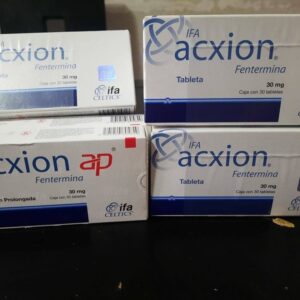
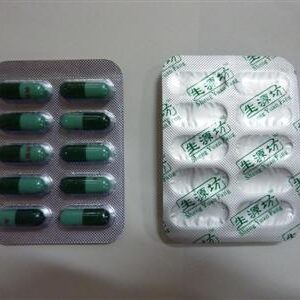
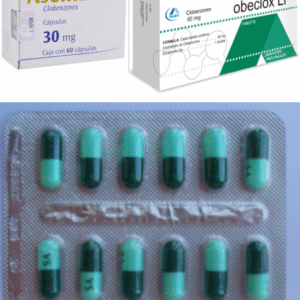
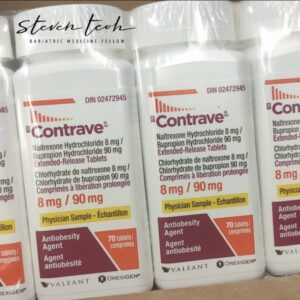

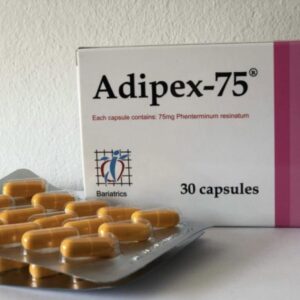

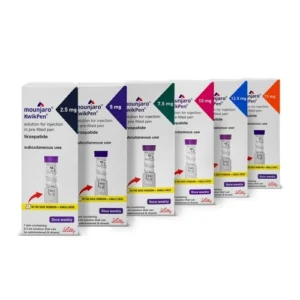
Reviews
There are no reviews yet.